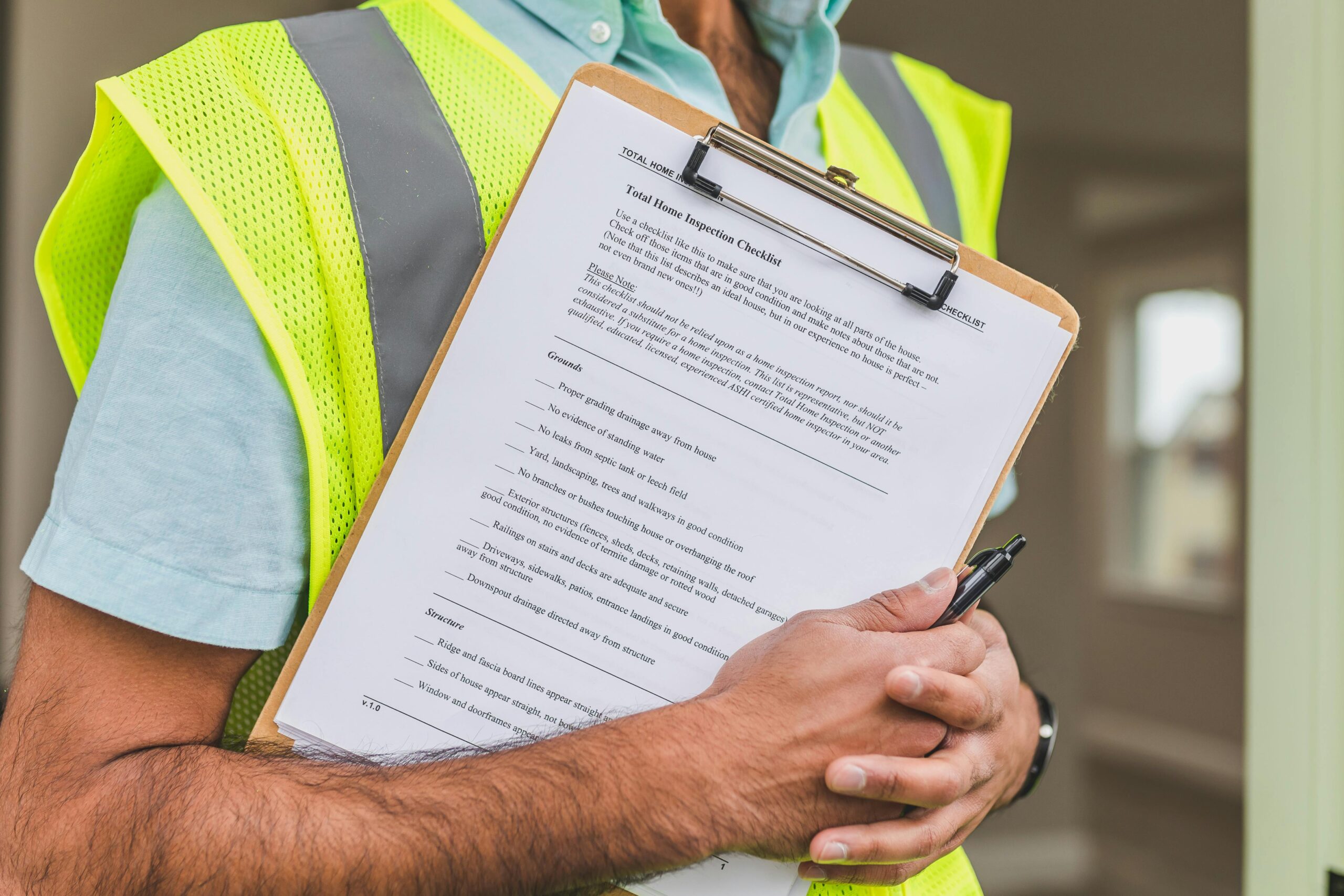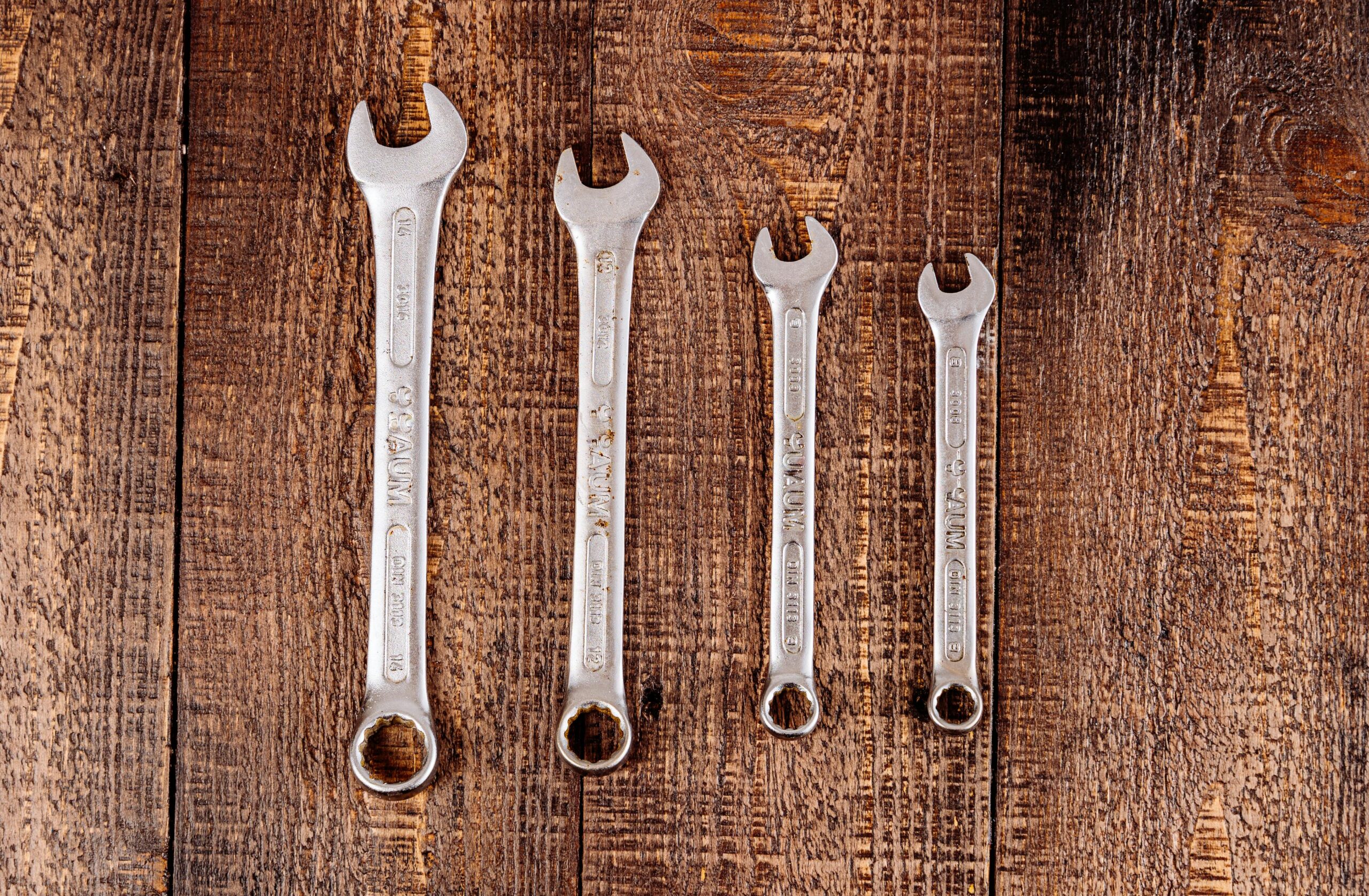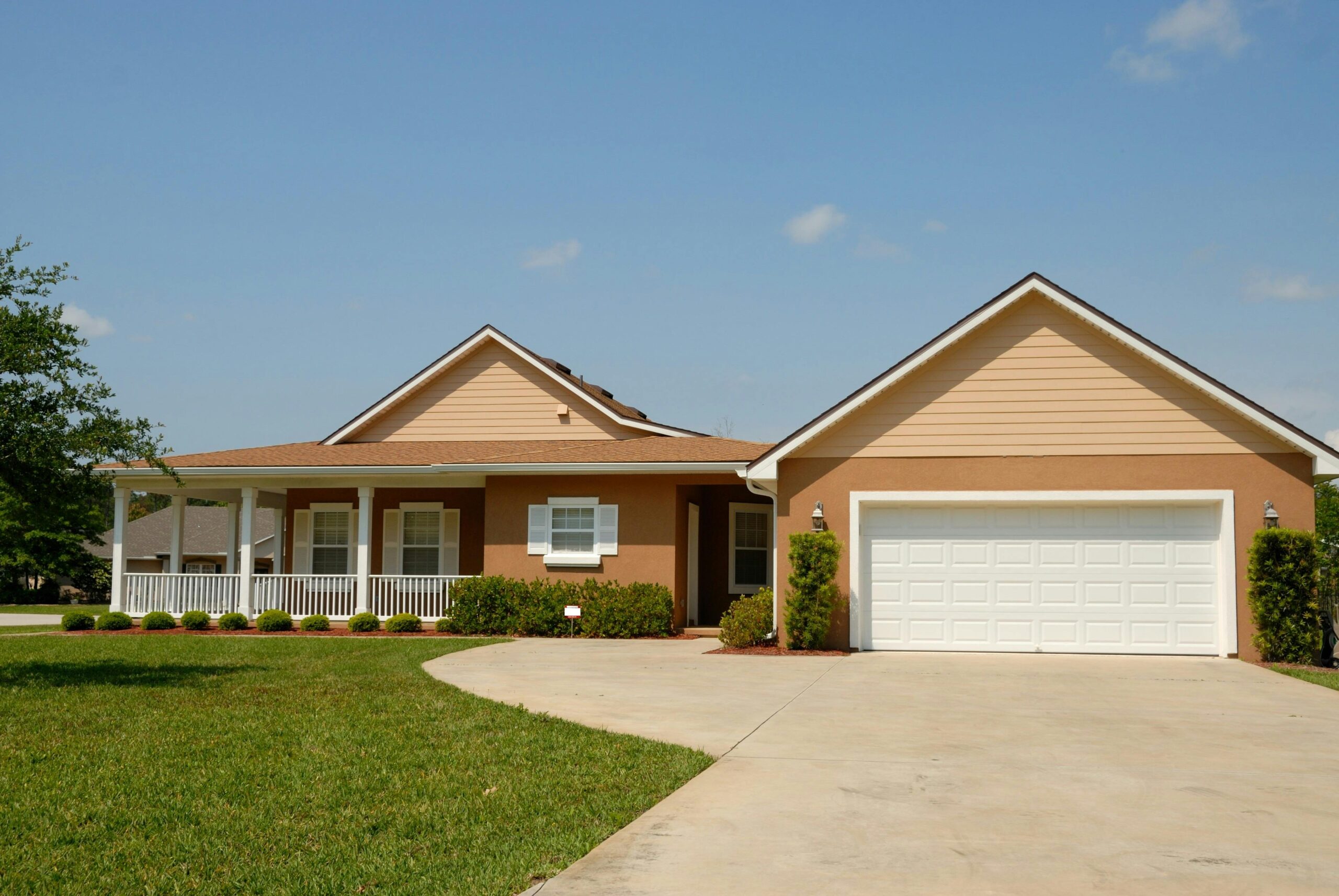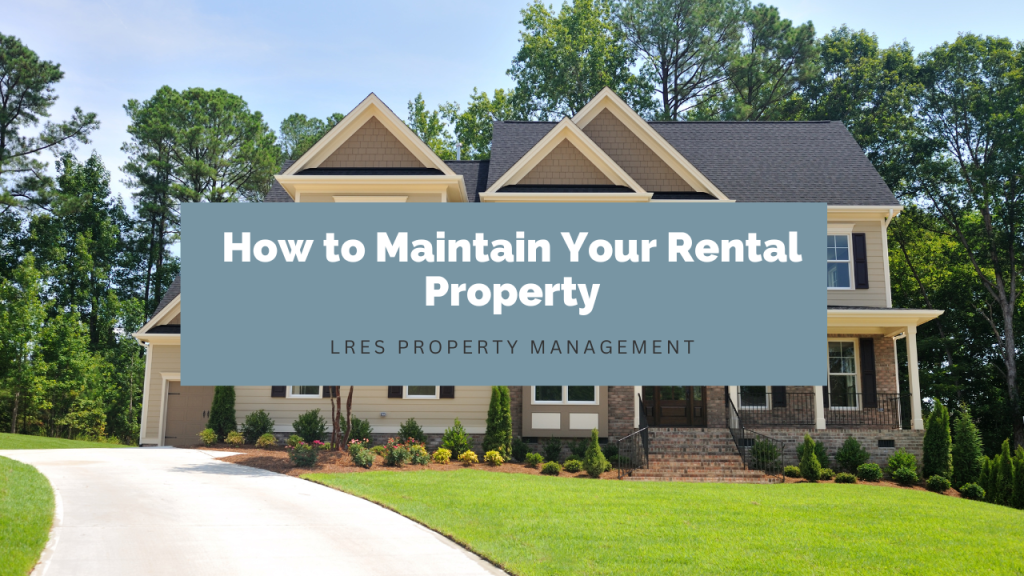Key Takeaways
- Be Proactive. Regular inspections and seasonal maintenance can help catch issues early and avoid repairs.
- Plan and Partner Wisely. Set aside a maintenance fund and build a reliable network of contractors to feel secure when issues arise.
Maintaining your rental property is one of the most important responsibilities landlords have. A well-maintained property not only preserves your investment but also keeps residents satisfied, reduces costly repairs, and helps ensure long-term profitability.
Overlooking routine maintenance can lead to serious issues, like plumbing leaks, pest infestations, or structural damage, that can result in legal liabilities or resident turnover. Poor maintenance can also hurt your reputation, making it harder to attract quality renters in the future.
Property maintenance isn’t always easy. Juggling repair requests, scheduling inspections, and staying compliant with local building codes can be overwhelming. It’s easy to fall into a reactive mode, addressing issues only when they become urgent.
Taking a proactive approach to property upkeep can save you time, and money in the long run. In this guide, the team a LRES Property Management will go over the best strategies to maintain your rental property, catch small problems before they escalate, and keep your resident happy.
Top Tips for Maintaining a Rental Property Effectively
Maintaining a rental property can be complex and time-consuming. But it’s possible! Here are 10 tips for maintaining a rental property with ease.
1. Schedule Regular Property Inspections
A proactive approach to property upkeep is much better than a reactive one. Conducting thorough inspections at least twice a year can help you spot issues before they escalate. Additionally, it can help you ensure residents are complying with the terms of the lease, helping avoid disputes later on.

When inspecting your property, notify residents in advance. And don’t forget to bring a checklist. This will help ensure you check all key areas, and maintain consistency between inspections.
2. Create a Maintenance Reserve Fund
Maintaining a rental property isn’t cheap, construction materials and contractor fees can be costly. Ideally, you should set aside 10 to 15% of your monthly rental income for maintenance and unexpected repairs. This will help you avoid financial constraints when big issues arise.
3. Establish a Clear Maintenance Request Process
If the process to report maintenance issues is too complex or time-consuming, residents will postpone reporting problems. This will only lead to bigger issues down the line. You should aim to make it as easy as possible for residents to submit maintenance requests.
You can use email, an online resident portal, or a dedicated phone number. Whatever option you choose, make sure the process is straightforward and keep a close eye on it so you can respond promptly to any issues that may arise.
Learn More About Our Team
4. Build a Reliable Vendor Network
You never know when a maintenance issue may arise. Having a reliable contractor you can call at any time of the day (or night) is invaluable. You should build a go-to list of trusted plumbers, electricians, handymen, and HVAC technicians. That way, you won’t be scrambling when something breaks.

5. Perform Seasonal Maintenance Tasks
Extreme weather conditions, such as harsh winters, heavy rains, or scorching summers, can cause excessive wear and tear.
Successful landlords take the time to complete seasonal maintenance tasks such as weather-proofing pipes before winter, servicing the HVAC before summer, and cleaning gutters in the fall.
Staying ahead of seasonal issues prevents damage, reduces repair costs, and helps keep residents happy year-round.
6. Educate Residents on Preventive Care
Maintaining a rental property in good condition is a shared responsibility among landlords and residents. Even if you actively work to keep your property in good shape, it won’t be of much help if residents don’t do their part.
To ensure residents know how to properly care for your property, provide them with a welcome packet or maintenance guide upon move-in. This document should have everything from how to avoid clogged drains, mold buildup, or appliance misuse, to how to report issues.
The more detailed you are, the easier it’ll be for residents to understand their maintenance responsibilities.
7. Keep Landscaping Low-Maintenance
A refreshed curb appeal can help you attract residents more easily. But you should avoid falling into the trap of thinking more is better. Planting too many trees and flowers, or opting for beautiful, high-maintenance options, can make your life harder.

Instead, you should go with hardy, low-water plants and minimal grass to reduce upkeep. After all, residents are more likely to maintain simple yards properly.
8. Use Durable Materials for High-Wear Areas
High-traffic areas, such as kitchens, bathrooms, stairs, and hallways, are more likely to start showing signs of wear and tear more quickly.
Investing in stain-resistant carpets, scratch-resistant floors, and quality paint for these areas can significantly reduce the frequency and cost of repairs between residents. Plus, it’ll make your property seem more sleek and luxurious.
9. Keep Records of All Repairs and Inspections
Many first-time landlords forget to keep track of all the repairs and inspections they make. You should log each task or inspection and include key information such as the date, cost, and contractor used. This will help you track recurring issues and may be useful for taxes or legal purposes.
Get a Free Rental Analysis
10. Consider Hiring a Property Manager
If you’re overwhelmed or managing multiple properties, you should consider hiring a property manager. A company like LRES Property Management can handle everything from repairs to inspections, saving you plenty of time and headaches.
Bottom Line
Keeping your rental property well-maintained is key to protecting your investment, keeping residents happy, and avoiding costly repairs down the line.

From scheduling regular inspections to building a reliable network of contractors, proactive upkeep ensures your property stays in top shape year-round. Simple steps like responding quickly to repair requests, educating residents, and using durable materials can make a big difference over time.
If managing all of this feels overwhelming, let us help. Our professional property management team specializes in keeping Orlando rentals running smoothly. Contact LRES Property Management to learn more!

